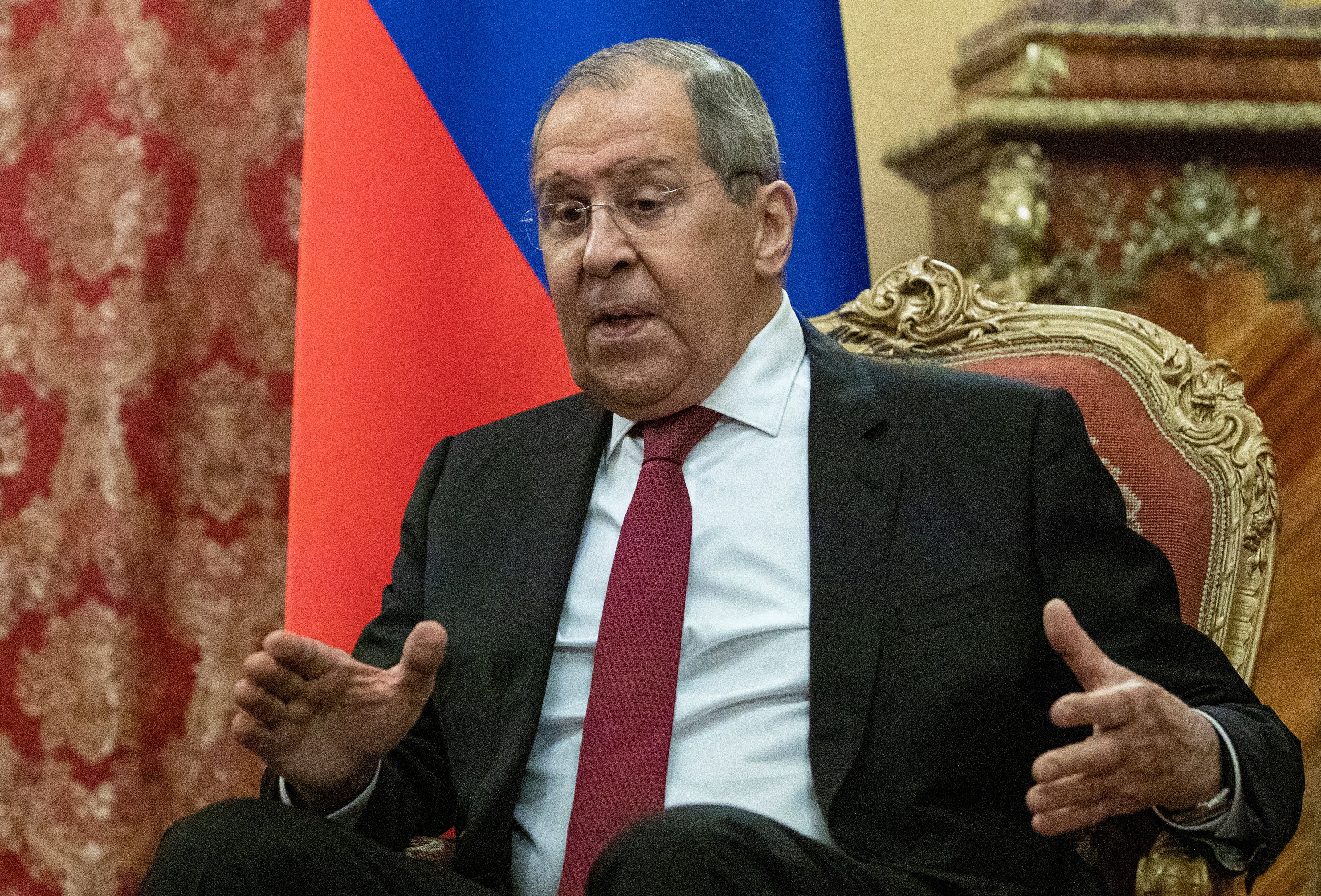Russia faces up to its Afghan double bind
Moscow is gleeful at a foreign policy disaster for the US, but not everyone is convinced friendship with the Taliban will work out well
The Kremlin has long prided itself on what it calls a multi-vector foreign policy, making alliances with sworn enemies Iran and Israel, Turkey and the Kurds, without so much as breaking a sweat.
But its approach on Afghanistan and the Taliban pushes the diplomatic double-life to a schizophrenic extreme.
On the one hand, Russia still officially views the Taliban as a terrorist organisation. That, at least, is the classification on its security agency lists – the same lists used to prosecute followers of jailed opposition leader Alexei Navalny.
And yet the Taliban are also regularly returning VIP guests in Moscow, “reasonable guys” (foreign minister Sergey Lavrov), “not some crazy terrorists” (Russian ambassador to Afghanistan Dmitry Zhirnov), and “better negotiation partners than the previous puppet government” (Kremlin envoy Zamir Kabulov).
On Sunday, the Taliban became guarantors to the security of the Russian embassy in Kabul, at a time when Western powers were fleeing in haste. The next day, Lavrov insisted Moscow was in “no hurry” to recognise their new hosts.
Russia’s contradictory positions on the Taliban appear to reflect a deep unease with the way their latest alliance could develop.
Propaganda has certainly been gleeful at the ignominious collapse of the 20-year US operation in Afghanistan.
US president Joe Biden has become a particular target for attacks, portrayed as a selfish, cynical operator. “Uncle Joe was only worried about Uncle Joe,” said state media’s lunchtime talk show 60 Minutes. “Biden couldn’t say anything about the Afghans clinging from the plane.”
Representatives of the political elite scored similar points, but they also appeared more reserved about what the changes meant for Russia.
“America has no claims to leadership, but this is the only good news of the whole Afghan drama today,” said Konstantin Kosachev, deputy chairman of Russia’s upper parliament.
“Russia’s position appears to be much promising,” he continued, “bringing together interested parties... including from the EU, provided they don’t repeat American mistakes.”

Arkady Dubnov, an independent expert, said the Kremlin’s risky bet on the Taliban would likely pay immediate dividends – not so much within Afghanistan as among nervous allies in former Soviet Central Asia.
“Undoubtedly we can expect Russian military influence across that region to increase,” Dubnov said. “There is a demand for Russian security guarantees even if the Taliban have shown no previous evidence of expansionism beyond Afghan borders.”
But the flip side to Moscow’s agreement was that it now bore direct responsibility for the Taliban’s excesses.
On Tuesday, the Kremlin’s envoy Zamir Kabulov held out a carrot to the new Afghan government, suggesting they could remove the terrorist label if they behave well. “For now, the Taliban are behaving decently,” he said. “We will judge them on their deeds.”
The danger for Moscow is that any future deed will tarnish Russia with the speed of a social media post.
“Eventually, the videos will come out showing people being hung and getting their hands chopped off,” says Dubnov, “and then Russia will be reminded about how it told everyone these were guys you could do business with.”
Join our commenting forum
Join thought-provoking conversations, follow other Independent readers and see their replies
Comments


Bookmark popover
Removed from bookmarks